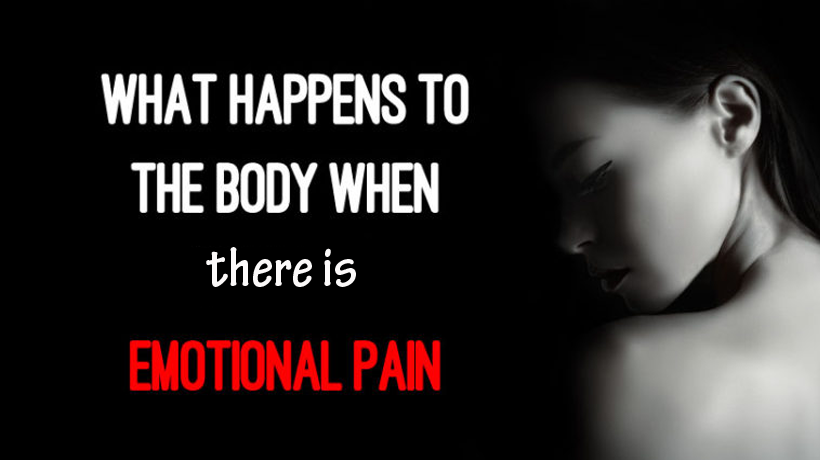A stab in the back. A gut-wrenching feeling. A broken heart. Each of these phrases uses a physical sensation to describe emotional pain and thus attributes bodily pain to emotion. Whether the pain is a result of trauma, rejection, or empathy towards the plight of another, our bodies endure physical reactions when we experience psychological injury.
These feelings are more than ‘just a feeling’
We’re all familiar with the somatic gnawing around the heart accompanying a breakup. Or the less dramatic – but equally hurtful – situation where a condescending supervisor remarks on your ability to perform: your throat clenches as a lump of lead drops into your stomach. These feelings are more than just a feeling – they are actual physiological manifestations to your emotional distress.
Emotional pain and physical pain are inextricably connected
Doctors Robert Emery and James Coan are professors of psychology at the University of Virginia. They address the connection between physical and emotional pain in an article published by the Scientific American magazine stating that “emotional pain involves the same brain regions as physical pain, suggesting the two are inextricably connected.”
When a person experiences such things as heartbreak, disappointment, fear or hurt feelings, those feelings can be accompanied by headaches, stomachaches, muscle tightness, shortness of breath, nausea or an elevated pulse. In fact, we react to emotional pain in much the same manner that we react to physical pain and the discomfort is no less real or poignant for its outward invisibility.
It’s all in your head … sort of
What happens to cause our bodies to react in such a way? While these sensations are not imagined, they do result from the processes that occur within our brains – specifically in our anterior cingulate cortex. “During a particularly stressful experience, the anterior cingulate cortex may respond by increasing the activity of the vagus nerve—the nerve that starts in the brain stem and connects to the neck, chest and abdomen. When the vagus nerve is overstimulated, it can cause pain and nausea” (Emery & Coan, 2010). This is the same region affected when you experience physical pain.
Emotional pain should be addressed with equal importance
Just as with physical pain, untreated or unresolved emotional pain can, over time, lead to more serious conditions like PTSD or chronic pain. While chronic pain is usually a result of an injury or some sort of neurological disorder, Dr. Susan Babbel (an expert in Somatic Psychology) shares that “some people suffer in the absence of these conditions” (Babbel, 2010).
Suppressing emotional pain can cause as much damage as a sprained ankle that is ignored, especially when frequent injuries occur. With that in mind, take care of yourself by tending to the aches and pains of both mind and body. After all, if your frontal lobe doesn’t differentiate between the two then neither should you.
Sources:
Babbel, S. P. (2010, April 08). The Connections Between Emotional Stress, Trauma, and Physical Pain. Retrieved January 2018, from Psychology Today: https://www.psychologytoday.com/blog/somatic-psychology/201004/the-connections-between-emotional-stress-trauma-and-physical-pain
Denworth, L. (2017). I Feel Your PAIN. (cover story). Scientific American, 317(6), 58-63.
Emery, R., & Coan, J. (2010, March 1). What Causes Chest Pain When Feelings are Hurt? Retrieved January 2018, from Scientific American: https://www.scientificamerican.com/article/what-causes-chest-pains/
The BrainWaves Center. (2016). Your Brain and What it Does. Retrieved January 2018, from brainwaves.com: http://www.brainwaves.com/
Trauma Abuse Treatment. (2018). How Trauma Affects the Human Body. Retrieved January 2018, from Trauma Abuse Treatment: http://traumaabusetreatment.com/how-trauma-affects-the-human-body



